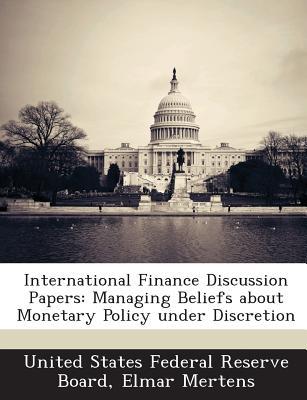Question
1. A Japanese investor can earn a 1.2 percent annual interest rate in Japan or about 3.6 percent per year in the United States. If
1. A Japanese investor can earn a 1.2 percent annual interest rate in Japan or about 3.6 percent per year in the United States. If the spot exchange rate is 105 yen to the dollar, at what one-year forward rate would an investor be indifferent between the U.S. and Japanese investments? A) 105.58 B) 98.56 C) 107.49 D)103.50 E)none of above 2. A U.S. bank has 130 million in loans to corporate customers and has 50 million in deposits it owes to customers with the same maturity. The bank has also sold 40 million pounds forward. The bank's net exposure is: A)190 million. B)40 million. C)70 million. D)100 million. E)none of above ( ) 3. At the beginning of the year the exchange rate between the Brazilian real and the U.S. dollar was 2.1 reals per dollar. Over the year, Brazilian inflation was 8 percent and U.S. inflation was 4.2 percent. If purchasing power parity holds, at year-end the exchange rate should be approximately dollars per real. A)0.3540 B)0.4581 C)2.8498 D)0.4182 E) none of above
Step by Step Solution
There are 3 Steps involved in it
Step: 1

Get Instant Access to Expert-Tailored Solutions
See step-by-step solutions with expert insights and AI powered tools for academic success
Step: 2

Step: 3

Ace Your Homework with AI
Get the answers you need in no time with our AI-driven, step-by-step assistance
Get Started


